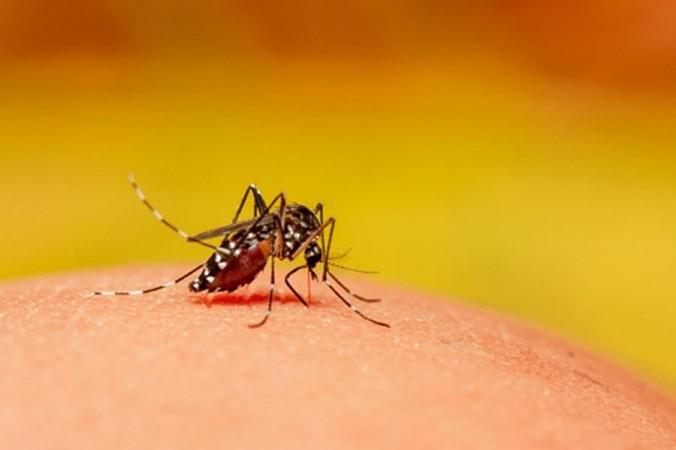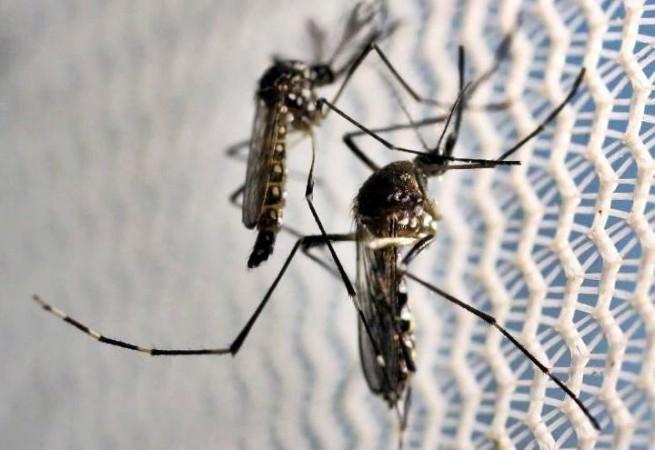
As the northeast monsoon sets in, the Tamil Nadu Health Department has issued a public warning to its residents about the potential spread of diseases such as dengue, malaria, leptospirosis, and influenza. This warning comes in the wake of a significant increase in dengue cases in the state since January 2024, with a recorded 18,000 cases. The state's Public Health Department has urged residents to take preventive measures to curb the spread of these diseases. One such measure is the removal of stagnant water from their premises, which can serve as breeding grounds for mosquitoes, the primary carriers of dengue and malaria.
In an effort to identify and manage cases of these diseases, the department has launched monsoon camps across the state. These camps are part of a larger initiative to monitor vector-borne diseases closely, particularly in districts with high dengue cases. Health Minister Ma Subramanian, in a conversation with IANS, revealed that 10 districts in Tamil Nadu account for 57% of the total dengue cases in the state. These districts include Chennai, Coimbatore, Krishnagiri, Tiruppur, Tiruvallur, Theni, Madurai, Tirunelveli, Thanjavur, and Tiruchi. The government is focusing its efforts on these districts to control the spread of the disease.

Dr. T. S. Selvavinayagam, Director of Public Health and Preventive Medicine, emphasized that the health department is monitoring dengue and other fever-related cases reported in both government and private hospitals. He also advised the public to drink only boiled water to prevent waterborne diseases. Dr. Rajani, an entomologist, warned that bacterial diseases like typhoid could also spread during the rainy season. She recommended that children be given only clean, boiled water and urged parents to keep children away from stagnant or contaminated water, as leptospirosis can spread through water contaminated by animal urine.
The Tamil Nadu Health Department has announced that district health officers will conduct public awareness campaigns on vector-borne diseases. The department will also monitor private hospitals to ensure dengue cases are properly identified and treated. This situation is reminiscent of the dengue outbreak in Delhi and Karnataka, where a spike in dengue cases led to the implementation of free testing and treatment. The health department emphasized the importance of reducing the number of hotspots through intensification of source reduction activity in such areas, through mass spraying of larvicide in outdoor areas where water stagnation points are noticed, and fogging in indoors.
In the past, similar measures have been taken to control the spread of diseases during monsoon seasons. For instance, in West Bengal, the state had to tackle the twin challenge of COVID-19 and Cyclone Amphan. The state saw a big jump in cases after the cyclone hit, with Kolkata becoming the worst-affected district. The health department had to strengthen its testing infrastructure and ensure early identification of cases across the state.

















